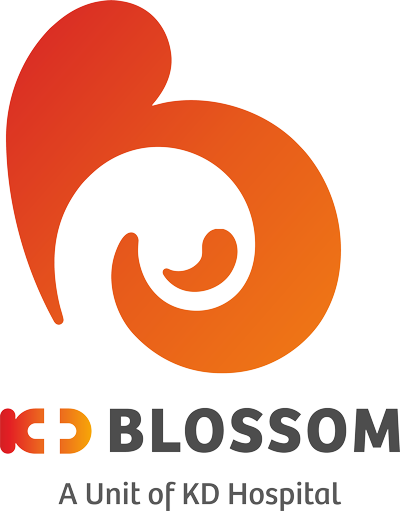Between 11 and 14 weeks, we closely monitor the baby's heartbeats and growth, providing valuable insights into the pregnancy. This scan confirms whether the pregnancy is single, twin, or multiple.
By this stage, it is also possible to see the baby's head, spine, hands, feet, stomach, bladder, heart, and most organs, allowing us to ensure that everything is normal.
There is a fluid at the back of the foetal neck called nuchal translucency (NT). Measuring nuchal translucency helps assess the likelihood of chromosomal abnormalities, such as foetal aneuploidy. When combined with a blood test—such as the double marker test or NIFTY test—the NT measurement provides a more accurate evaluation of the foetus's chromosomal health, offering a clear risk assessment.
In the case of a twin pregnancy, it helps to determine whether the twins share one placenta or have two separate placentas. If they share a single placenta, this type of pregnancy requires specialized care to monitor the health and well-being of both the mother and the babies.





